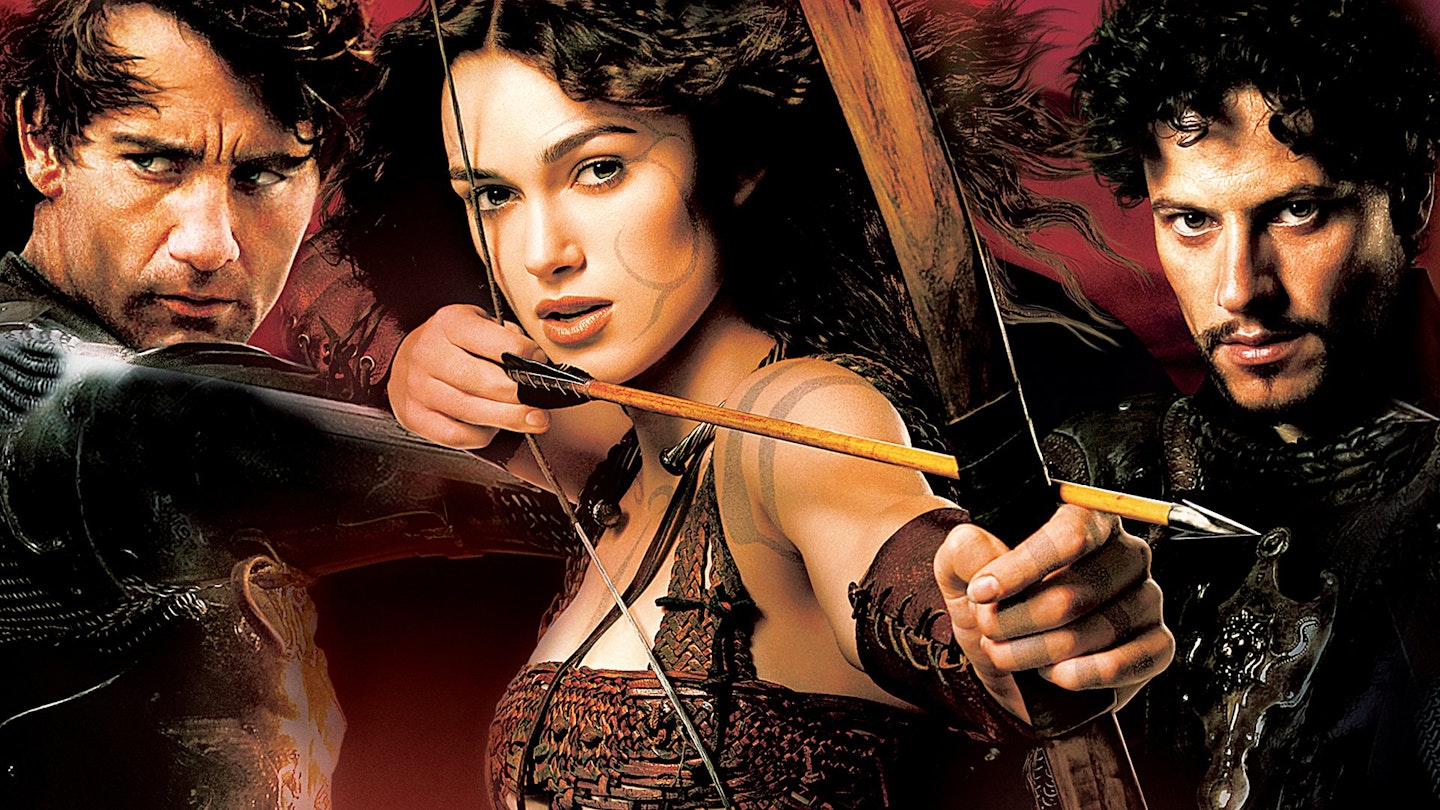Once Hollywood overlord Jerry Bruckheimer and his appointed champion, Antoine Fuqua, had galloped across the panalopy of British legend, crushing common perceptions of Arthurian romance with their 'historically realistic' retelling, they cantered into the editing suite with an R-rated movie. Sadly for Fuqua, Bruckheimer then dismembered the film, leaving it shorn of bloodshed and, seemingly, a coherent narrative. For the director, those final days must have seemed like his very own Camlann, a decisive battle that destroyed his dream.
That dream, however, has finally become a reality, with Fuqua's 17-minute-longer, 18-certificate cut released separately from the weedy, 12-rated theatrical offering, a move that makes sense of the director's insistence that his King Arthur would be a gritty affair.
The inclusion of guts and gore - most enjoyable in the final battle, where Saxon Cynric (Til Schweiger) suffers a similar death to Duncan in Polanskiís Macbeth - not only raises the spectacle but also adds pertinence to certain knights' fates; watching Mads Mikkelsen's Tristan suffer at the Saxon chief's hands is far more appalling when he actually bleeds. Similarly, the image of a Saxon raiding party frozen to death imbues the snowbound scenes with a more chilling atmosphere, and Guinevere's allusion to her rape while chiding the admiring Lancelot provides grisly humour.
The tension between Guinevere and Lancelot underpins several extra scenes, providing some justification for the fact that she dominates the latter half of the movie. And more time spent with Arthur helps unravel a few of the tangled threads that confused what should have been a very simple tale.
Sadly, though, this isnít enough to disguise Fuqua's failing in his overly ambitious bid to explore Arthur's inner turmoil, a worthy subtext but one that'd require a David Lean-like running time to resolve. And, while an undeniable improvement, even this Director's Cut can't conceal Clive Owen's flaccid performance as the Once And Future King, or the fact that it's Guinevere who proves the real focus of our attention.
